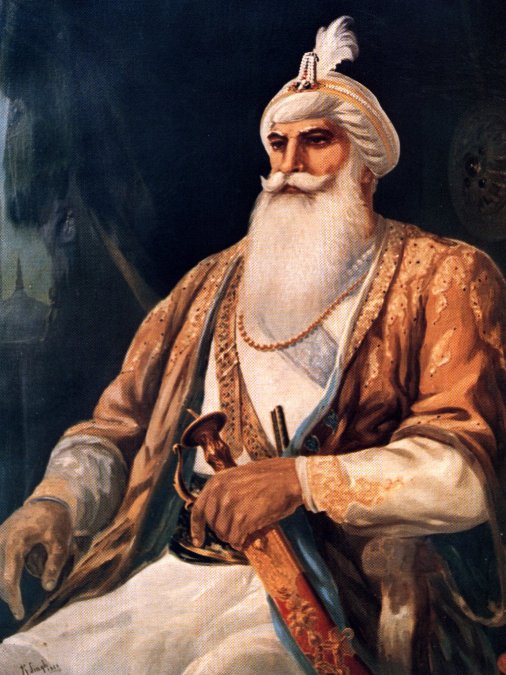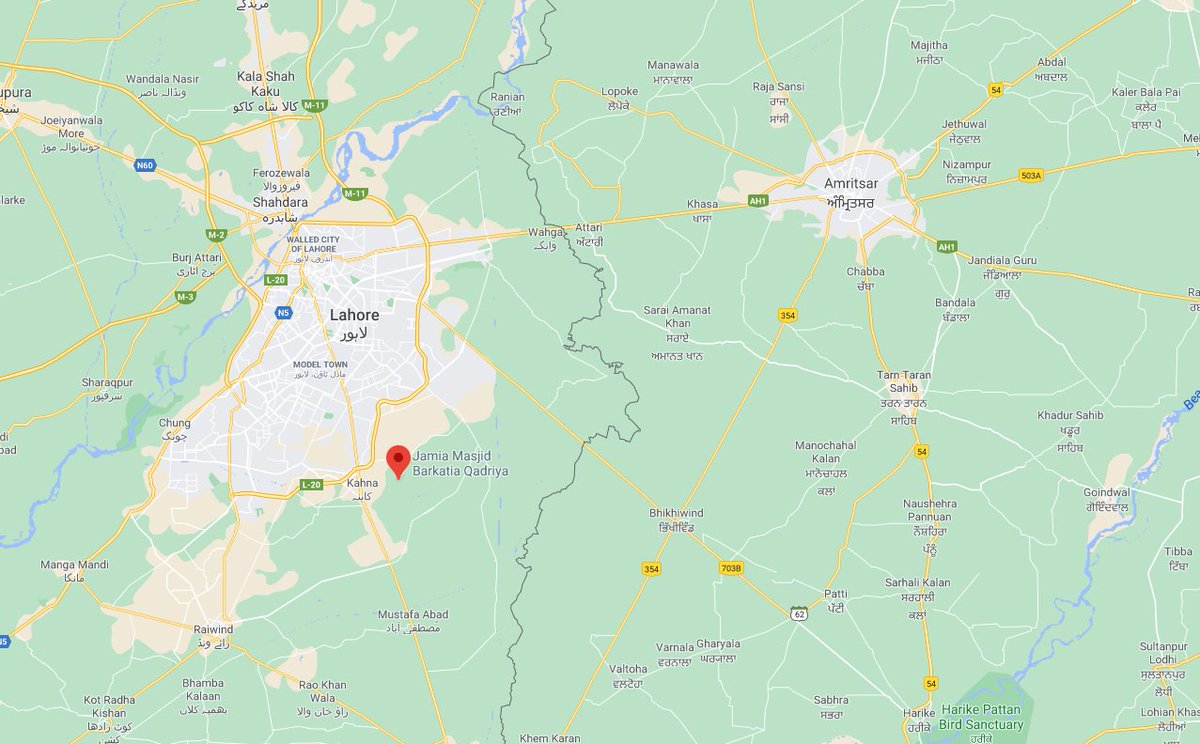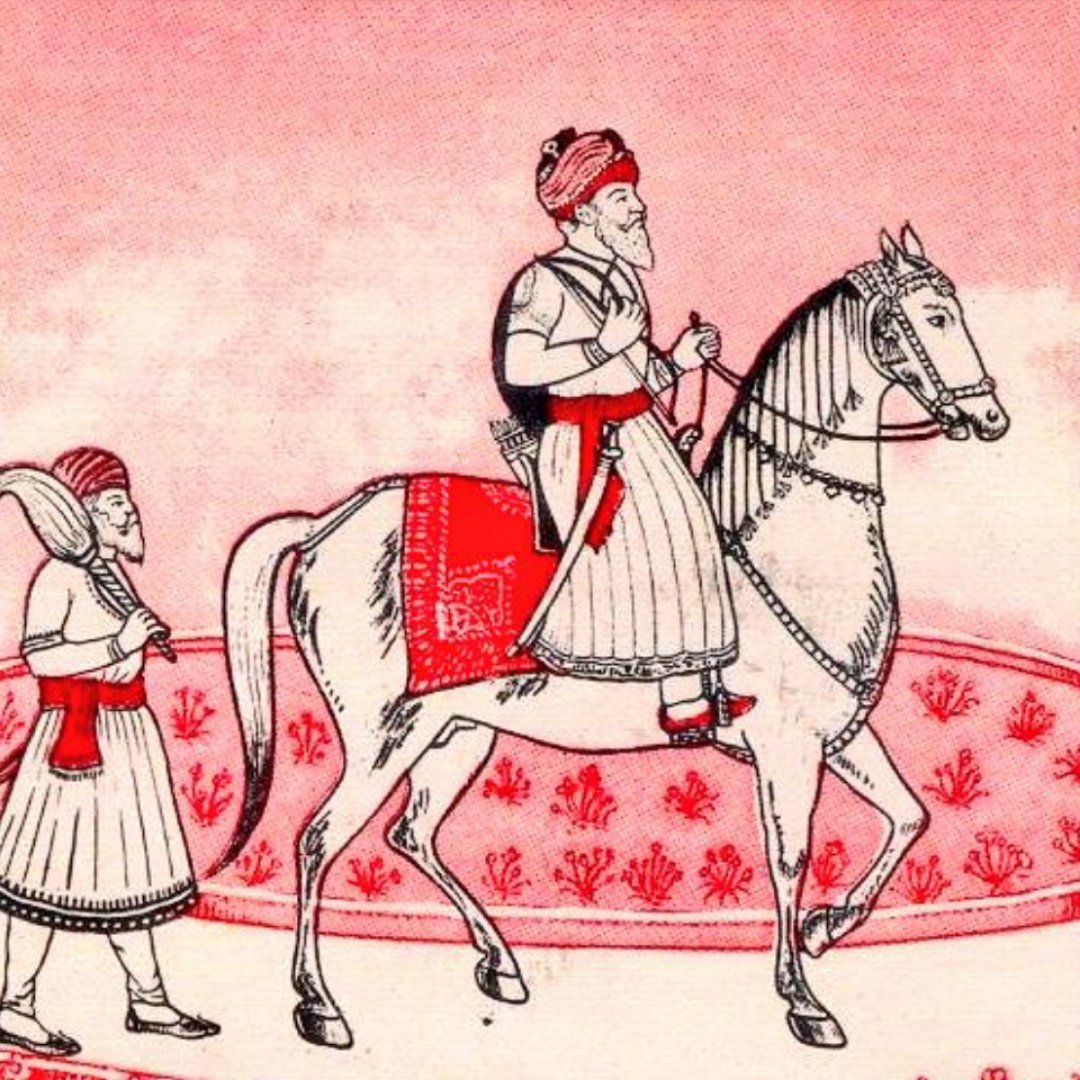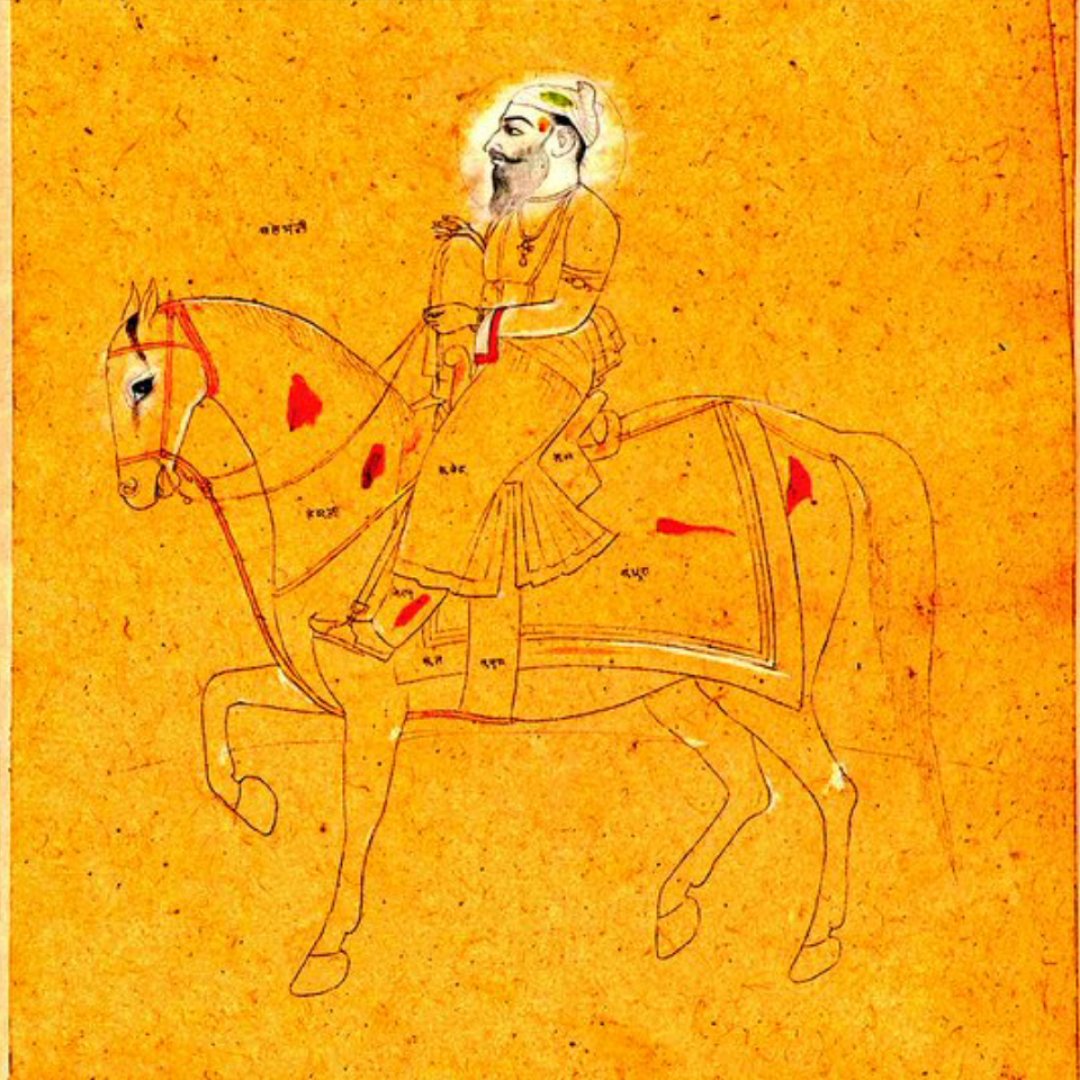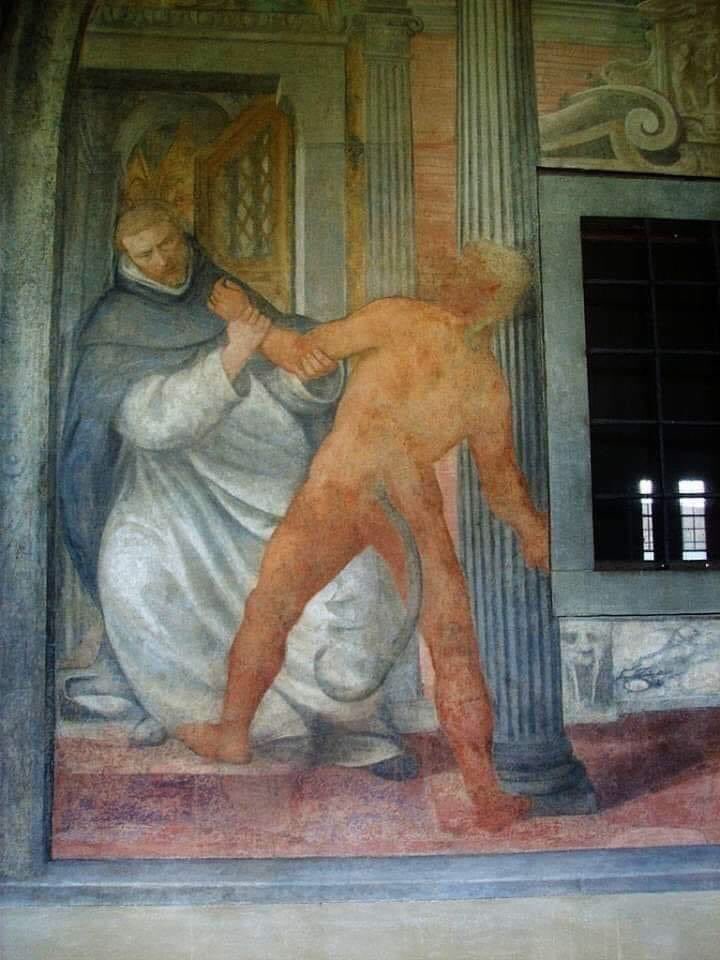But everything Caesar did--marching on Rome, setting up one-man rule, remaking the Senate--had been done by Sulla 40 years before. 2/
This is Lucius Cornelius Sulla, Roman general and dictator. Right-wing strongman of the 90s-70s BCE.
I've been thinking a lot about Sulla this past week, and people like him.
Ever heard of him? I bet not. 1/
Sulla\u2019s March on his own capital #Rome in 88BC and his destruction, chaos and terror led directly to the destruction of the Republic by Pompey and Julius Caesar half a century later. pic.twitter.com/voJSciVSw3
— Paul Harrison (@PaulHar77393852) January 7, 2021
But everything Caesar did--marching on Rome, setting up one-man rule, remaking the Senate--had been done by Sulla 40 years before. 2/
Caesar said he was going to change things; Sulla said he was re-establishing the old ways. 3/
If you asked Sulla and his supporters what they were fighting for, they would've said the mos maiorum.
Which was a lie. 4/
Sulla did that in 88 BC, over a personal slight. He was mad he didn't get a generalship.
Is now where I make a modern equivalence? No, I'll wait. 5/
By 88 BC, it was "okay if you're an Optimate." 6/
(While they were safe at home.) 7/
But they got away with it in 133.
So they did it again in 121. And 100. And 91.
By the time Sulla came along, it was clear he could break any rule. IOKIYAOptimate. 8/
Yet whether you ask Cato or Shakespeare or Mr Radford my long-suffering 7th grade Latin prof, Julius Caesar is the tyrant who strangled liberty.
"Why" speaks volumes.
9/
"Rightwing violence isn't *really* violence." 11/
Landlord Trump doesn't want to govern; he wants to profit & punish. The moment he saw Republicans could use violence, he switched parties. 12/
"If it's actual violence, then it must've been Antifa."
Which changed to: "It was false-flag!"
And THAT will change to: "It was provoked!"
And will finally rest upon our version of this terrible new norm: "IOKIYAR." 13/
G. Gracchus? Mob. Saturninus? Mob. Drusus? Stabbed by someone who got away.
Caesar was killed because he was arrogant, and wore fancy boots.
But Sulla? Died at home, retired, in bed. 14/
More from History
Folks who don't know history just tweet whatever they want.
On Feb 1935, Bose attacked the Nazis as he was angry as Indians were described as Sub-Humans in Mein Kampf. The British arrested Bose in April 1936, because he insulted the Nazis.
#Thread
The West at this point had a soft spot for the Nazis. France, Great Britain, Netherlands, Poland all gave the Nazi Salute during the 1936 Olympics in Berlin.
Even during the Spanish Civil War (1936 - 1939), the Western powers observed neutrality as the Fascists rose in Spain.
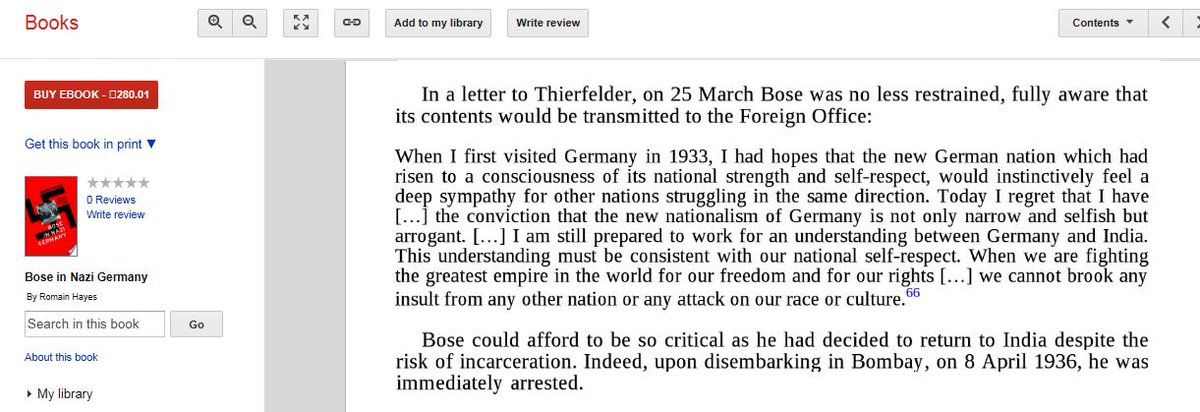
In 1937, Hitler told British Foreign Secretary Lord Halifax that one of his fav movies was ‘The Lives of a Bengal Lancer’. Why?
‘The Lives of a Bengal Lancer’ depicted a handful of "superior race" Brits holding sway over an entire Indian subcontinent (Sub-Humans).
"Shoot Gandhi. If necessary, shoot more Congress Leaders (Nehru & Bose)."
- Hitler to Lord Halifax, Britain's Foreign Secretary
This statement by Hitler in 1937 angered many pro-Leftist leaders of the INC including Bose.
Bose reached London in Jan 1938, and he met many leaders of the British Labour Party including Attlee.
1938 & 1939 were two huge years for the Indian National Congress. As i always say, the 10-year phase from 1938 - 1948 shaped modern India and it began in 1938 Haripura session.
On Feb 1935, Bose attacked the Nazis as he was angry as Indians were described as Sub-Humans in Mein Kampf. The British arrested Bose in April 1936, because he insulted the Nazis.
#Thread
So Neta ji actually believed the Nazis could deliver freedom to India & its people?
— SonaliRanade (@sonaliranade) January 23, 2021
How can thinking Indians accept and eulogise such a gross error of judgement on the part of Bose is simply beyond me.
Not wonder Charlatans con us in the name of faux patriotism.
The West at this point had a soft spot for the Nazis. France, Great Britain, Netherlands, Poland all gave the Nazi Salute during the 1936 Olympics in Berlin.
Even during the Spanish Civil War (1936 - 1939), the Western powers observed neutrality as the Fascists rose in Spain.

In 1937, Hitler told British Foreign Secretary Lord Halifax that one of his fav movies was ‘The Lives of a Bengal Lancer’. Why?
‘The Lives of a Bengal Lancer’ depicted a handful of "superior race" Brits holding sway over an entire Indian subcontinent (Sub-Humans).
"Shoot Gandhi. If necessary, shoot more Congress Leaders (Nehru & Bose)."
- Hitler to Lord Halifax, Britain's Foreign Secretary
This statement by Hitler in 1937 angered many pro-Leftist leaders of the INC including Bose.
Bose reached London in Jan 1938, and he met many leaders of the British Labour Party including Attlee.
1938 & 1939 were two huge years for the Indian National Congress. As i always say, the 10-year phase from 1938 - 1948 shaped modern India and it began in 1938 Haripura session.






